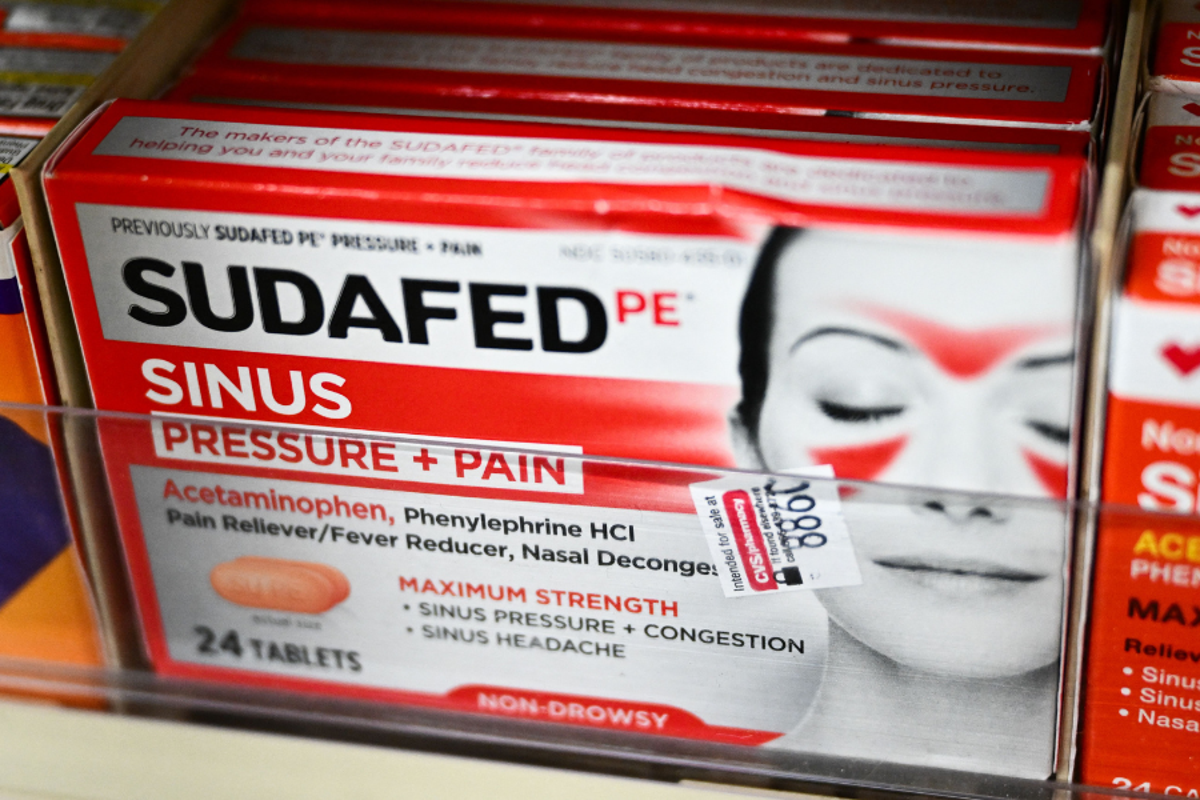
Travelers often assume that over-the-counter medications are harmless to pack, but international drug laws may tell a different story.
U.S. staples like Sudafed and Benadryl are banned or strictly regulated in a number of countries, making preparation essential for hassle-free travel. Some countries even require special permits or advance approval for common medications.
Here are some OTC drugs you may not think twice about packing for your next trip abroad, but could require a doctor’s note or previous preparation for smooth entry.
Sudafed and Pseudoephedrine restrictions
Pseudoephedrine, the active ingredient in cold decongestant Sudafed, is prohibited in destinations such as Japan and Mexico. Bringing it in without awareness may result in a seizure at customs.
Codeine: A controlled substance abroad
OTC medications containing codeine, commonly used in cough suppressants or pain relievers, face strict restrictions in multiple countries. For instance, the UAE, Japan, Greece, and Indonesia all consider codeine a controlled substance and may require prior approval or a doctor’s note to allow entry.
Benadryl (Diphenhydramine) May Be Flagged Internationally
The antihistamine diphenhydramine, present in Benadryl, is restricted in places including Japan and Zambia. It can be confiscated at customs and may only be allowed with proper documentation.
ADHD medications
Travelers bringing along ADHD medications like Adderall and Ritalin may require prior approval before entry into the UAE, Japan, Singapore, and South Korea.
Often classified as controlled substances, these substances may require documentation or approval for special permits for entry.
What to know before you go
Travelers should always do their research on the country they are visiting and their respective drug laws.
Even though it’s sometimes handy to put your medications into a fun little travel organizer or loose in your luggae, experts encourage travelers to keep their OTC drugs in their original bottles.
“Optics matter. This can create more of a headache when navigating questions than the medications are meant to help,” Quinn English of FreeQuinnt Flyer, told Travel and Leisure.

“Always travel with the original prescription bottle on your person so they can be easily examined and can help answer immediate questions related to the condition,” she added.
Traveling with a written copy of your prescriptions and/or a doctor’s note is also suggested. The potential consequences of entering a country with illegal OTC drugs can range from paying a fine to being detained or arrested.
The CDC and travel expert Katy Nastro recommend checking the U.S. Embassy website for your destination, and consulting groups like the International Narcotics Control Board or the International Pharmaceutical Federation for medication-specific rules.
Source link

